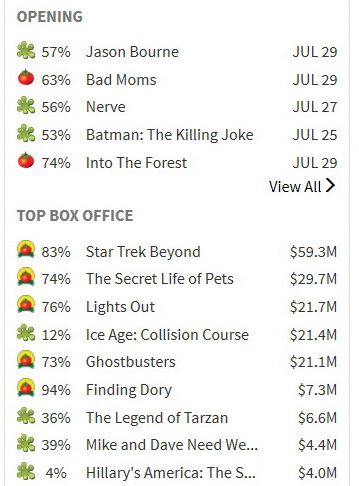That drop unfortunate, and honestly surprising.
Box office grosses aren't entirely about a movie's quality, although great movies will tend to draw in more due to word of mouth and multiple viewings while terrible movies will generally tank. Otherwise, box office is often correlated with what the audience wants to watch. If someone is looking for a comedy, they're not going to go see Beyond.
Star Trek movies currently fall into sci-fi action-adventure... which ironically puts them in roughly the same category as comic book adaptations and Star Wars. Unlike it's competition, though, Star Trek isn't a power fantasy. Superheroes do things that no one aside from their peers can. In Star Wars, Jedi and Sith have the power to change the course of an entire galaxy's future. Power fantasies seem to appeal to a lot of people of all ages. Strength of the individual matters a lot, and the locus of control is almost entirely internal to the individual... or at least those movies try to portray it that way by focusing on the individual (like Kylo Ren dueling with Finn and Rey while Starkiller Base is being attacked).
I don't think it has anything to do with stigma, or older versus newer versions, or Into Darkness (which audiences could have dumped like Insurrection or Nemesis if they had really wanted). Maybe Star Trek really is a niche product, trying to appeal to new audiences but unable to fully break from its space opera roots. Friendship, cooperation, interplanetary politics, and starships (and the occasional superweapon). Success through hard work, ingenuity, and cooperation. These themes are present in other movies too, but the focus is different in Star Trek.
Final possibility: maybe I'm just grasping at straws. Maybe other movies really are just more appealing than Star Trek, and I'm too much of a Trekkie to see it.

